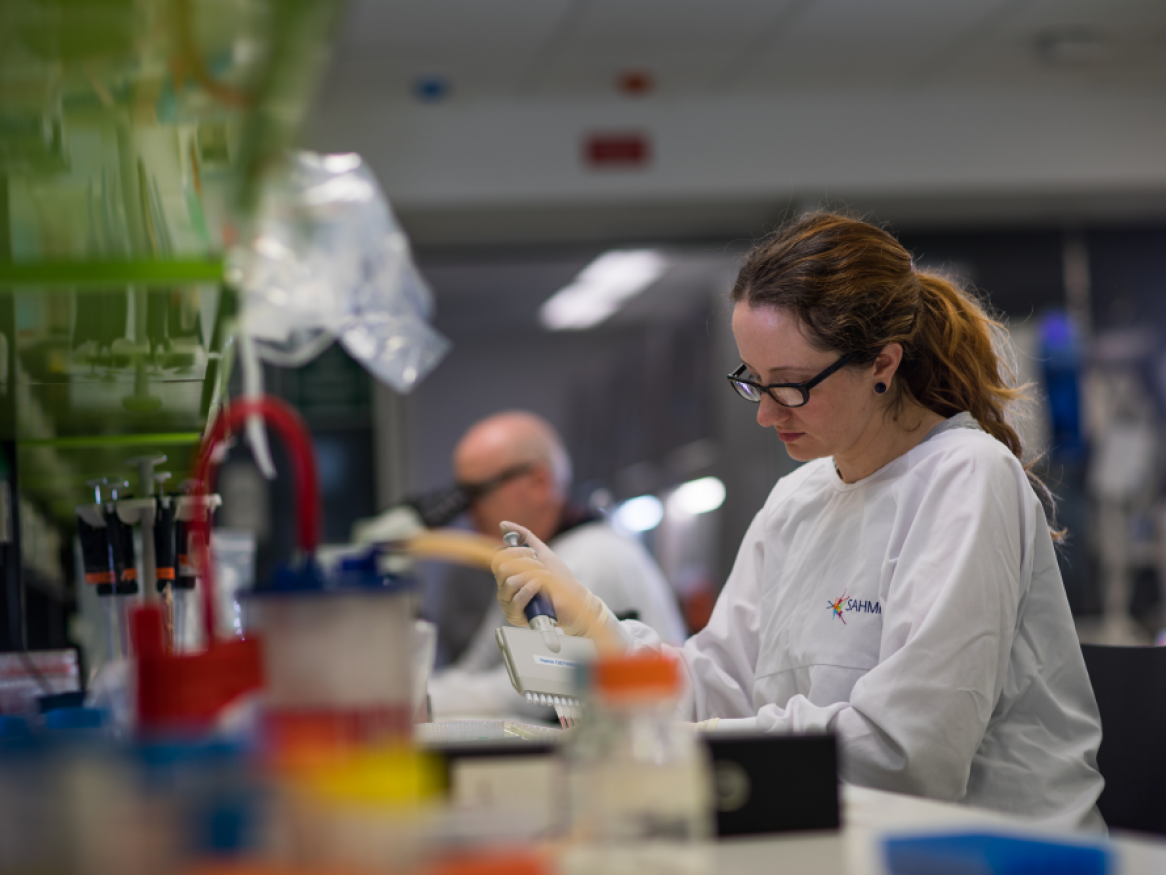Reproductive Cancer Group
Understanding the cross-talk between ovarian cancer cells and the tumour micro-environment may allow us to understand how ovarian cancer spreads, its resistance to chemotherapy, and how to identify novel biomarkers for ovarian cancer detection and novel therapeutic targets for treatment.
The Reproductive Cancer Group builds on an exciting and unique discovery by Dr Ricciardelli—that an extracellular matrix protein called versican correlates with cancer spread in prostate and breast cancer. This discovery suggests that cancer cells utilise proteins from the surrounding stromal cells to aid their movement and has led to versican protein expression being examined in many different cancer types.
Our current studies focus on the interactions of peritoneal cancer and ovarian cancer, and the mechanisms of how tumour cells communicate with the tumour micro-environment to promote motility, tumour spread and chemotherapy resistance in ovarian cancer.
Interested in a postgraduate research degree?
We offer exciting opportunities for researchers at the honours, masters and PhD levels. Our research degrees are open to students from a broad range of backgrounds, and range from basic sciences to clinical research. If you are interested in human health, consider furthering your research career with us.




